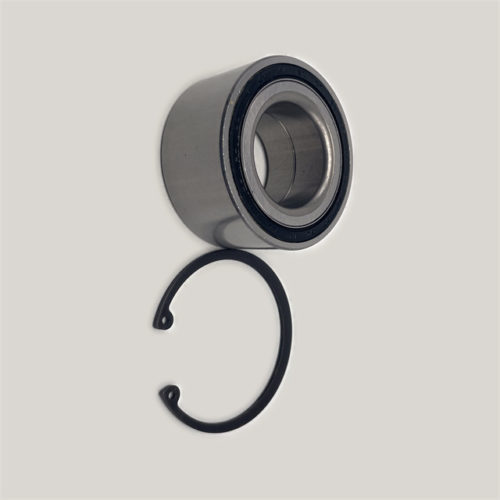The service interval for wheel bearings can vary depending on a number of factors, including driving conditions.
Here are some driving conditions that can affect the service interval for wheel bearings:
High mileage: If you drive your vehicle frequently and cover a lot of miles, the service interval for wheel bearings may need to be shorter than the manufacturer’s recommendation. This is because the bearings will experience more wear and tear over time.
Rough roads: Driving on rough roads, such as unpaved or poorly maintained roads, can cause increased stress and wear on the wheel bearings. This can lead to premature failure and may require more frequent replacement.
Heavy loads: If you frequently carry heavy loads in your vehicle, such as towing a trailer or hauling heavy equipment, the service interval for wheel bearings may need to be shorter. This is because the increased weight puts additional stress on the bearings.
High speeds: Driving at high speeds can generate more heat and stress on the wheel bearings, which can shorten their lifespan. This is particularly true for vehicles that are driven at high speeds for extended periods of time, such as on long road trips.
Water exposure: If you frequently drive in wet or humid conditions, such as through puddles or in heavy rain, China bearing wholesalers the service interval for wheel bearings may need to be shorter. This is because water exposure can cause corrosion and damage to the bearings.
By being aware of these driving conditions and monitoring your vehicle’s wheel bearings regularly, you can help ensure that they are properly maintained and replaced as needed to ensure optimal performance and safety.
What are some signs that my wheel bearings may need to be replaced?
There are several signs that your wheel bearings may need to be replaced.
Here are some of the most common signs:
Noise: A humming or grinding noise coming from the wheels is one of the most common signs of worn or damaged wheel bearings. The noise may be more noticeable when driving at higher speeds or when turning.
Vibration: If your steering wheel vibrates or shakes while driving, it could be a sign that your wheel bearings are worn or damaged.
Uneven tire wear: Worn or damaged wheel bearings can cause uneven tire wear, which can be detected by checking the tread depth across the tire.
Steering wheel play: If you notice that your steering wheel has more play than usual, it could be a sign that your wheel bearings are worn or damaged.
ABS warning light: If your vehicle is equipped with an anti-lock braking system (ABS), a malfunctioning wheel bearing can cause the ABS warning light to come on.
If you notice any of these signs, it’s important to have your vehicle inspected by a qualified technician as soon as possible. Neglecting to replace worn or damaged wheel bearings can lead to further damage to your vehicle and potentially dangerous driving conditions.
